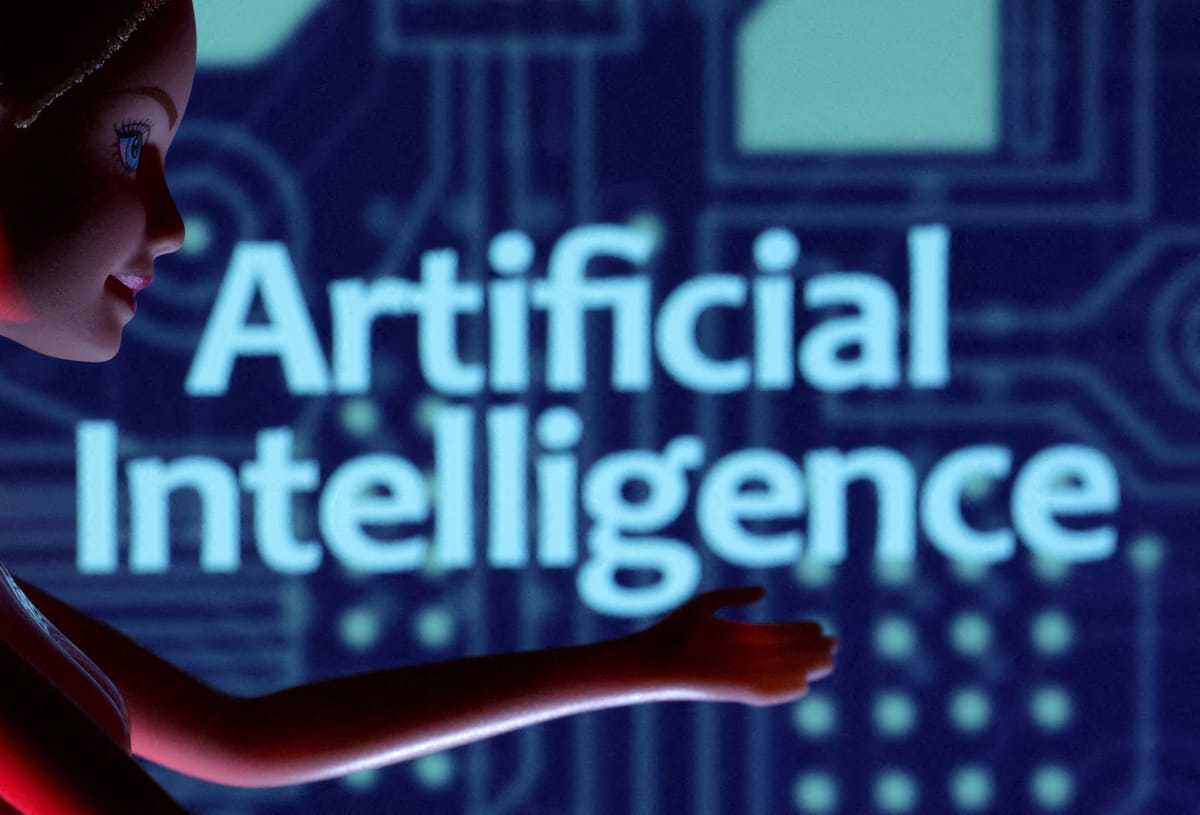A new AI has been made using human brain cells – and it can recognize different voices
Artificial intelligence (AI) technology has come a long way in the past year, but it still has its limitations.

A few minutes every morning is all you need.
Stay up to date on the world's Headlines and Human Stories. It's fun, it's factual, it's fluff-free.
The backstory: Artificial intelligence (AI) technology has come a long way in the past year, but it still has its limitations. Right now, the traditional and generative AI we use is impressive, but it only really knows how to copy and emulate human intelligence, Frankenstein-ing ideas and concepts together based on the human-made ideas and concepts that already exist. It doesn’t actually process information independently and create new content. Generally speaking, computers are typically better at dealing with numbers and doing math than human brains, but humans are better at untangling complicated info. To see past this roadblock, scientists have been looking toward integrating biological systems into artificial computers. Yeah – human biological systems.
The development: Researchers at the University of Indiana Bloomington have now built a hybrid AI computer system using lab-grown human brain cell “organoid” clumps and circuits. Scientists then fed it a bunch of voice recordings to see if the tech could recognize different human voices. The cyborg computer could recognize human voices with a 78% accuracy rate. Scientists could tell that the computer was recognizing the different voices based on whether or not it gave off a different neural response. With this kind of “Brainoware” technology, we could progress past the current challenges of regular AI. What better way to create human-like computer intelligence technology than by using actual human brain tissue? By using brain tissue, scientists can in a way recreate human brain structure so that the Brainoware can be more adaptable, responding to electric stimulation in a similar way that our brains do. Ideally, the unique way that our brains process info can then be revisited through these kinds of systems. Brainoware also provides a new way for scientists to do brain research – like when it comes to studying Alzheimer's.
Key comments:
"Brain-inspired computing hardware aims to emulate the structure and working principles of the brain and could be used to address current limitations in artificial intelligence technologies," the researchers said in the study published in Nature Electronics.
“We wanted to ask the question of whether we can leverage the biological neural network within the brain organoid for computing,” study co-author and bioengineer Feng Guo told the journal.




Comments ()